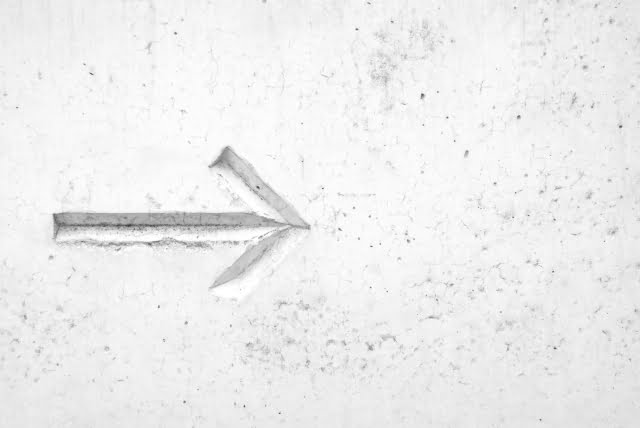Tag: Greg McKeown
%22%20transform%3D%22matrix(2.5%200%200%202.5%201.3%201.3)%22%20fill-opacity%3D%22.5%22%3E%3Cellipse%20fill%3D%22%23fff%22%20rx%3D%221%22%20ry%3D%221%22%20transform%3D%22matrix(83.785%2038.00656%20-18.361%2040.4766%20129.5%2040.2)%22%2F%3E%3Cellipse%20fill%3D%22%23fff%22%20cx%3D%2214%22%20cy%3D%2226%22%20rx%3D%22182%22%20ry%3D%2231%22%2F%3E%3Cellipse%20fill%3D%22%23d6d6d6%22%20cx%3D%2267%22%20cy%3D%22127%22%20rx%3D%2277%22%20ry%3D%2277%22%2F%3E%3Cellipse%20fill%3D%22%23d6d6d6%22%20rx%3D%221%22%20ry%3D%221%22%20transform%3D%22matrix(99.77046%20-223.03965%2039.58754%2017.70836%20231.9%20117.4)%22%2F%3E%3C%2Fg%3E%3C%2Fsvg%3E)
You Need to Know What’s Essential
There’s no one-size-fits all solution to avoiding overwhelm. But a central question you need to ask is “What’s essential?”
Daily Gleanings (17 April 2019)
From Greg McKeown via Twitter: “Sometimes what you don’t do is just as important as what you do.” The extent to which we allow our attention to be drawn off from where it really should be is the extent to which we also become less effective in that area. INTF has announced that a new…
Daily Gleanings (8 April 2019)
Charles Quarles’s Theology of Matthew: Jesus Revealed as Deliverer, King, and Incarnate Creator (P&R, 2013) is available this month for free from Logos Bible Software. Matt D’Avella hosts a short (< 9 min) video with Greg McKeown that introduces some of the key lines of thinking around essentialism. For additional discussion, see previous posts about…
A Conversation about Essentials
Some time ago, Michele Cushatt, Michael Hyatt, and Greg McKeown sat down to discuss “essentialism,” or “the disciplined pursuit of less but better.” Unfortunately, the discussion recording has now been taken down. More thoughts from Greg along these lines are available in his book Essentialism. But there were two points in particular that stood out…
